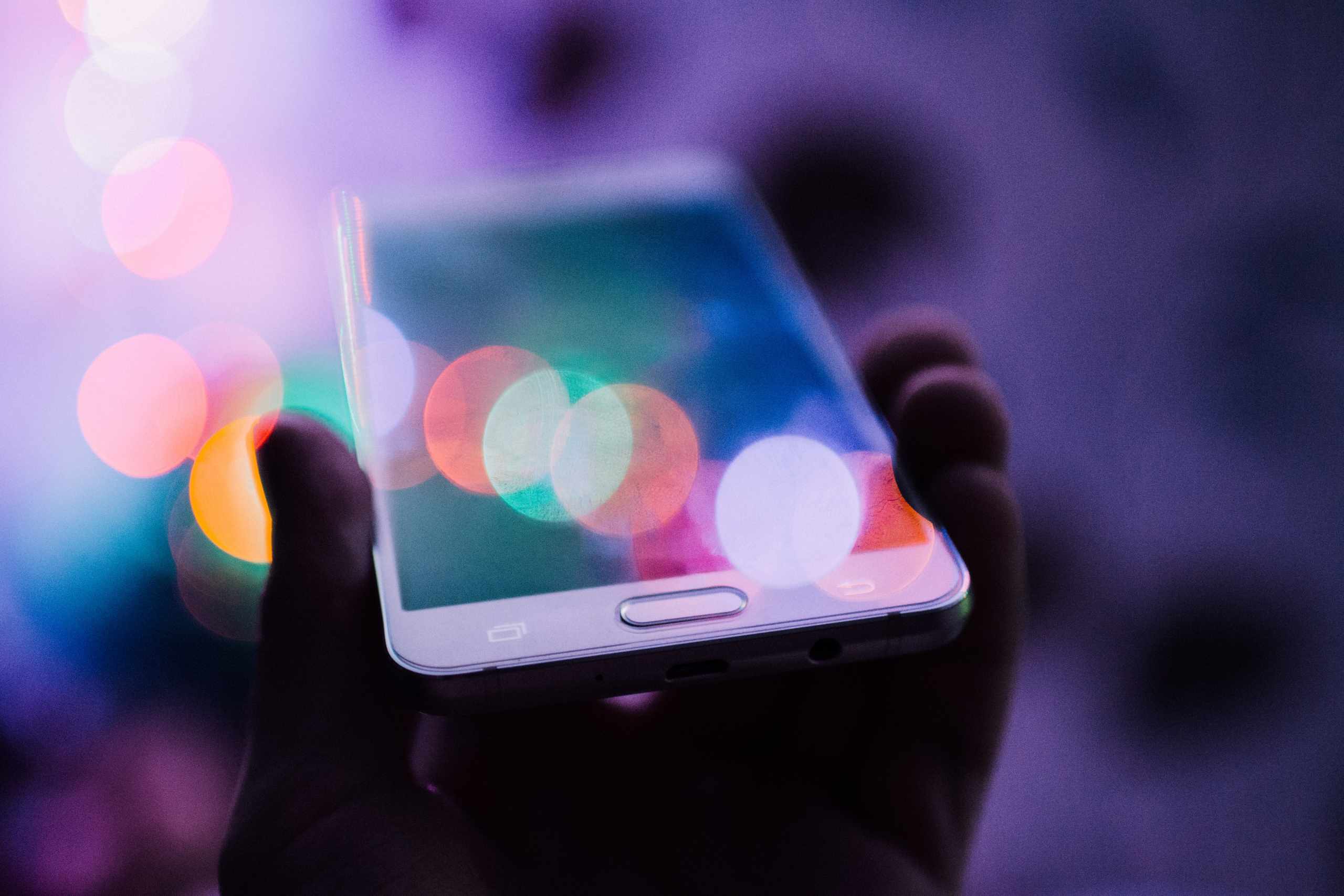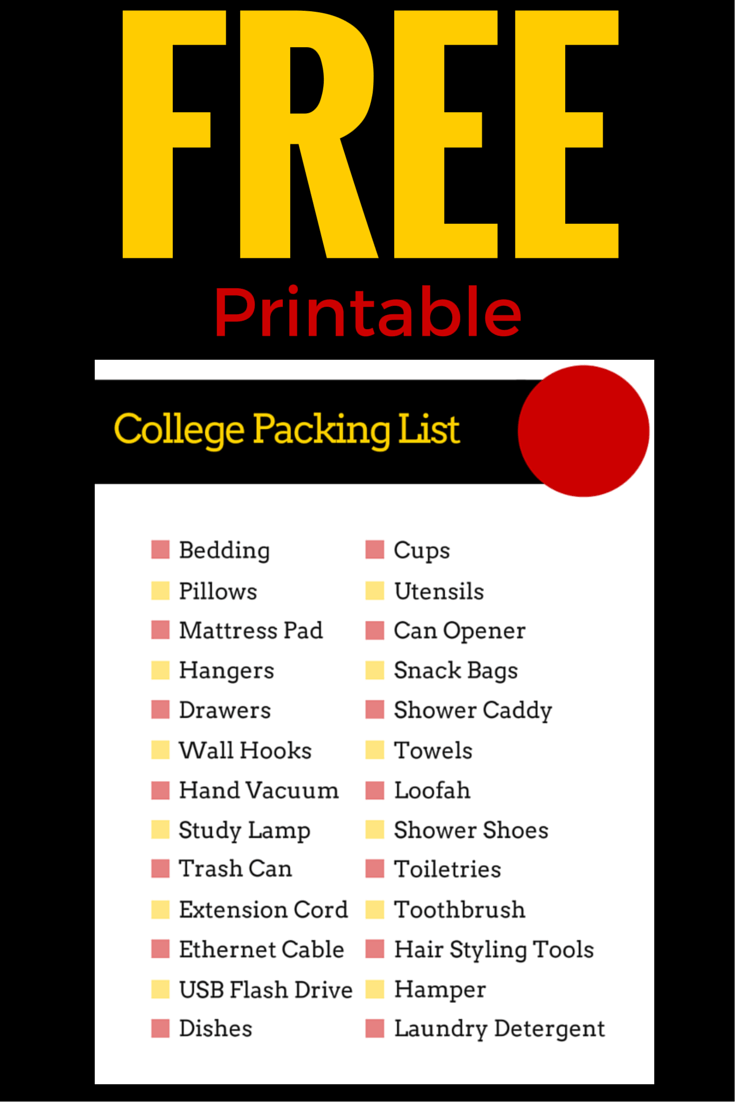HOW TO BE SAFE ONLINE Everyone needs to regularly practice keeping themselves secure when using the internet. Knowing how to protect your information and online identity is more crucial than ever, especially as online dangers and breaches become more frequent.
Sure, we all believe we are taking the proper precautions to keep ourselves safe while browsing the internet, but are we really doing all the necessary steps to guarantee the security of our data? What are the best practises to help us protect ourselves in a world that is increasingly digital?
PHONETIC ADDRESS. Using a virtual address and mailbox service is crucial if you want to keep your mail 100 percent secure. Companies like PhysicalAddress.com can provide you with this service if you are a blogger who wants to keep their location private or you need to add an extra layer of security to your online activity.
In order to further safeguard your identity when working online or simply utilizing the internet for personal purposes, this is a terrific option to keep your home address private without having to disclose where you are.
PASSWORDS. We all know we should use a unique password for each website we visit, but the majority of people actually don’t. Unless we forget them, the majority of us also don’t change our passwords frequently. However, are you aware of how secure your password is? How can I choose a strong password the best way possible? You can follow some simple guidelines to ensure that the password you choose is both strong and difficult to figure out.
Pick a string of brief, random words. Insert capital letters sporadically throughout. Combine numbers, symbols, and letters. Avoid using family names or significant dates. When choosing passwords and pins, stay away from birthdays. Make a note to yourself to update your passwords on a frequent basis. WIFI. Make sure you are conscious of your WiFi usage when utilizing free WiFi when out and about. Since most open and public networks are easily hackable, using them puts your personal information at risk. Avoid entering personal information on websites like banking apps or places where you need to make payments for this reason.
Hackers may take this data and use it against you to deplete your bank account or steal your identity before you even realize what they have done. Therefore, to help keep yourself safe online when utilizing open and public Wifi networks, be mindful of the information you are providing.
PHISHING How can you tell if the email you just got from your bank is legitimate? It might be challenging to determine whether emails, calls, or texts are genuine because phishing scams are getting more and more sophisticated.
When you receive a communication asking for personal information, there are a few things to keep in mind. You will never be asked for critical information, such as your bank account information, complete passwords for accounts, or excessive information, in a genuine conversation or email. Most businesses will ask you to put up extra security to confirm you. All they will require is this.
If you have any reservations about providing the needed information over the phone. Simply disconnect and call the number again. Never click on links in emails, particularly those informing you that your account has been compromised, suspended, or blocked. Whenever you are unclear about how to access something, go to the official website.




